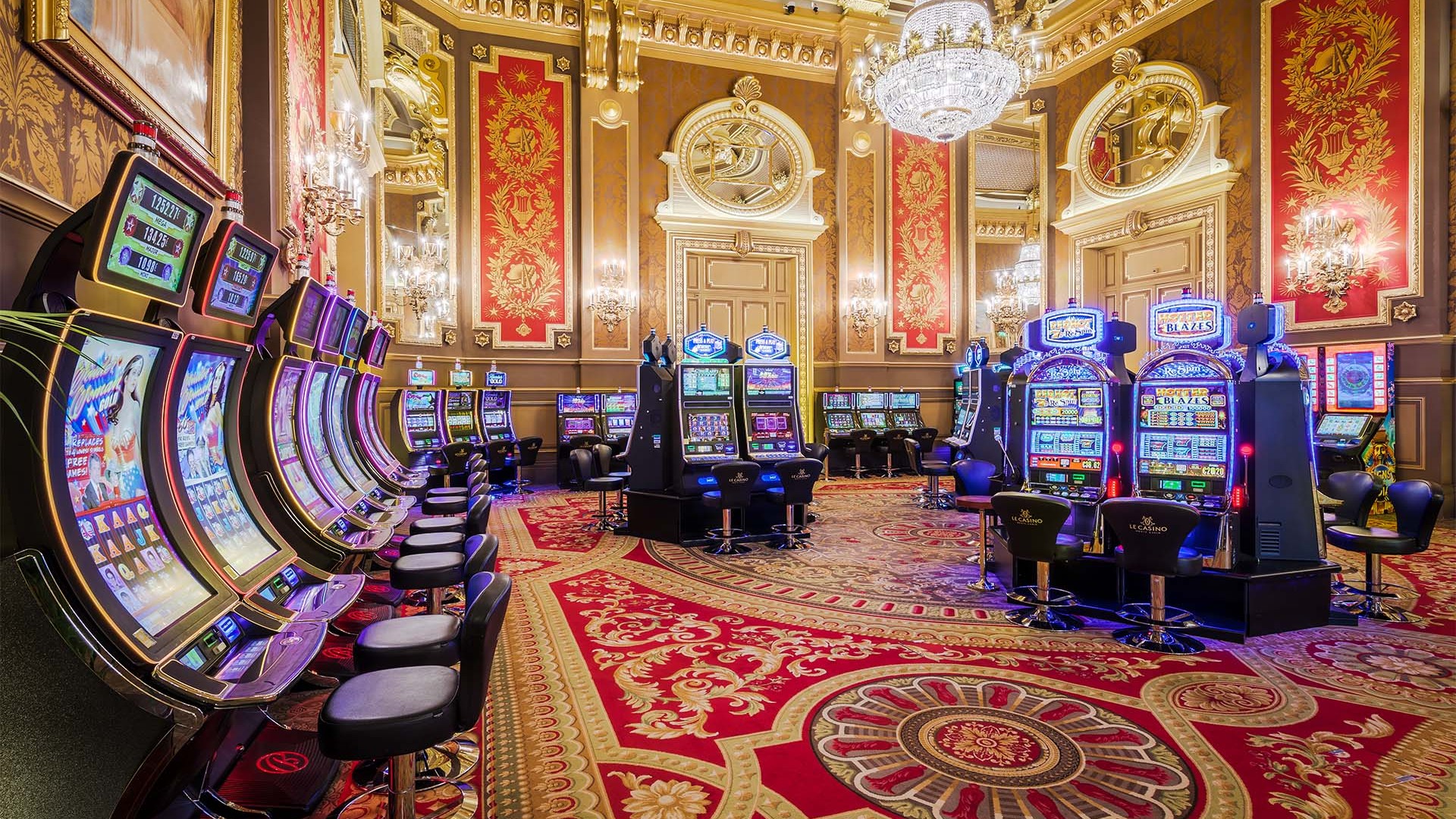The remarkable Progression of Gambling Games Across the Years

Casino experiences have enthralled players over the ages, evolving from easy diversions to complex experiences that integrate fortune, skill, and fun. From the historical origins of gambling in civilizations such as the ancient societies of Mesopotamia and Rome to the glitzy corridors of contemporary casinos, the history of these games reveals much about our nature and our relationship with risk. As cultures have merged and technological advancements have occurred, casino games have changed, illustrating shifts in society and advancements in gameplay.
The primitive versions of gambling likely involved elementary games involving dice and wagering on the results of athletic contests. Over time, these early games grew into more structured games like playing card games, roulette, and the myriad slot machines that populate casino floors today. Each era brought its unique rules, visual styles, and sociocultural significance. At present, casino games persist in evolving with the rise of internet-based platforms, enabling players from all corners of the globe to participate in a collective experience, further merging the traditional with the digital age.
Early Roots of Gambling Games
Casino games have foundations that reach back to old societies, where betting was deeply entrenched in social traditions and social rituals. The earliest known instances of gambling emerged in Mesopotamia around three thousand BC, involving simple die activities made from knuckle material. These early games laid the foundation for more complex betting activities, reflecting human beings’ innate desire to pursue fortune and amusement through chance.
As societies evolved, so did their gambling pursuits. In ancient Chinese culture, around two thousand three hundred BC, objects were found that looked like primitive rudimentary versions of a lottery game. More organized instances of betting developed in the ancient Roman Empire, where games of chance were a popular recreation, often taking place in social gatherings. The ancient Romans developed multiple betting activities, which included dice and table games, showing the widespread nature of gambling across various economic strata.
With the flow of ages, these primitive games influenced the progress of contemporary gambling games. In the Middle Ages, card games emerged prevalent in Europe, paving the way for the professional gaming establishments we know today. The change from casual betting to organized gambling in pubs and private houses marked a major change in how people interacted with games of luck, leading to the eventual creation of casinos as dedicated places for gambling.
The Rise of Modern Casino Gaming
The late 20th century marked a significant shift in the realm of gambling games, driven by technological progress and transformations in cultural attitudes towards wagering. The introduction of computers and the World Wide Web altered the way gamblers interacted with their preferred games. Online casinos emerged, enabling enthusiasts to enjoy timeless casino classics like Texas Hold’em and 21 from the safety of their own homes. This emerging online environment not only expanded availability to casino games but also attracted a younger crowd who found the comfort and variety appealing.
As online gaming gained momentum, so did innovations in casino tech. The development of sophisticated programs and visual elements transformed classic gambling games into captivating adventures. Players could now interact with live dealers through live feeds, bringing the vibe of brick-and-mortar casinos directly into their living rooms. This blending of live gaming with online platforms created a unique hybrid experience that elevated the community element of gambling, allowing it possible for individuals to connect and challenge with others around the planet. Zbet
Furthermore, the rise of mobile gaming substantially changed the gambling environment. With the ubiquitous use of mobile phones and tablets, gamblers can enjoy their favorite gaming options everywhere, whenever. Mobile applications offer a wide selection of games tailored for touchscreens, catering to the busy daily life of modern users. This easy access has led to growing participation in casino games, driving the exponential growth of the gaming industry. As a result, the outlook of the gaming industry continues to progress, responding to new technologies and shifting consumer preferences.
The Impact of Technology on Casino Games
Technology’s advancement has significantly transformed casino games, enhancing the overall gaming experience for gamblers globally. With the introduction of the internet, online casinos emerged, allowing players to play their preferred games from the safety of their own homes. This change not only made casino games more accessible but also increased the variety of games available, as online platforms could host numerous variations of traditional games without the limitations of brick-and-mortar establishments.
The rise of mobile technology further revolutionized the casino gaming landscape. With the proliferation, players now have the ability to engage in casino games whenever and wherever they want. This flexibility has resulted in the development of dedicated mobile applications and optimized websites that provide seamless gaming experiences. Additionally, advancements such as live dealer games have delivered the authentic atmosphere of a casino into players’ homes, bridging the gap between physical and online gaming.
Furthermore, advancements in artificial intelligence and VR are leading to the next generation of casino games. AI improves game design and player interaction, creating tailored experiences based on user behavior and preferences. Meanwhile, virtual reality provides immersive environments where players can engage in a virtual casino environment, making the gaming experience more engaging and lifelike. As technology continues to evolve, the future of casino games looks promising, filled with limitless opportunities for innovation and entertainment.